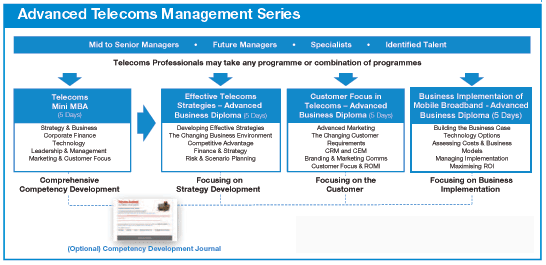Career management how to assess your skills
Post on: 16 Март, 2015 No Comment

September 2009
Career management: how to assess your skills
Learn how to manage your career — including how to identify your business interests, professional values, and skills in order to target your most exciting career possibilities. This article was taken from Harvard ManageMentor the CPD resource available to members in the CPD resources/webcasts section of CIMA Professional Development .
Using follow through
Using what others have developed, following through on plans or instructions, attending to details, filing, retrieving information
What are your strongest skills?
As you begin exploring developmental opportunities at your organisation, you’ll need to know which skills they require. That way, you can decide to what extent these opportunities will allow you to do the following:
- use skills you already have in abundance
- prompt you to stretch skills that you possess to some degree but would like to strengthen
- require you to obtain entirely new skills
- some combination of the above.
The first step, though, is to take stock of your existing skills, and to assess which ones are your strongest. There are several ways to do this, including these:
- experimenting with assessment tools, checklists and short exercises
- asking your friends, family, and colleagues to give their opinions about what you do best
- asking a career counsellor to help.
Know your transferable skills
When assessing your skills, it’s especially important to identify your transferable skills. These are skills that have value regardless of the business context in which you’re using them.
For example:
- writing
- motivating others
- organising data
- interpreting information.
Knowing this information allows you to widen the selection of potentially interesting work opportunities to include all those in which you would use your transferable skills.
You can avoid the common misconception that, in order to try a new work area, you need to develop a whole new set of skills. You may realise you don’t necessarily need to go back to school to develop new skills for a different opportunity.
You can market yourself to potential new supervisors in a whole new area of work by pointing out your transferable skills.
Do you worry that you can’t apply your current skills to a new job? By identifying your transferable skills, you might find that you have the necessary qualifications after all.
Four points about skills
In assessing your skills, keep these points in mind:
1. Skills are a threshold variable in your ability to do a job successfully. You need enough of a certain skill (being able to lift 50-pound bags, for example), but in many cases, having a lot more of that same skill (being able to lift 500-pound bags) won’t make you any more successful.
2. It’s easy to vary your skills. Compared to your core business interests and work values, your skill set can change relatively easily. That is, you can strengthen existing skills or acquire new ones through practice, training, and new experiences.
3. It’s perfectly okay to have both strengths and weaknesses. Often, when people begin exploring new positions at work, they assume that they have to be good at just about everything. The fact is, we all have both strengths and weaknesses — that’s part of what makes us who we are. Don’t feel bad if you lack certain skills; everyone does.
4. Weigh the benefits of developing new skills. Investing in skill development can be costly, in terms of time, effort, and money (possibly).
So, when you’re evaluating a potential new opportunity at work, spend some time deciding whether you want to invest in developing the skills that the opportunity requires.
Put it all together
Once you’ve assessed your skills, the next step is to get a complete picture of who you are by combining the skills information with what you learned about your core business interests and work values.
You can now use this knowledge and information to redefine your current role in order to develop yourself professionally.
You can also begin evaluating the growth opportunities available at your company and pick the most appropriate ones for you.
Throughout this process of gaining knowledge and information about yourself, your interests, values, and skills, remember that interests and values matter the most. When evaluating a career development opportunity, make sure that it matches your core business interests and work values. If it does, you may well decide to obtain the skills that will help you perform in that new position.
Start the growth opportunity search
With help from other sections of the career management module in HMM you have hopefully now worked to identify your deepest business interests, clarify your most important work reward values, and assess your strongest skills. Maybe you’ve even defined a career-opportunity target.
What’s the next step on the path? Many companies have an explicit process in place to enable employees to explore and pursue new opportunities. For example, some organisations suggest that you visit their career management centre, review the job bank, and then follow their guidelines.
Other companies ask that you first talk with your supervisor. That way, he or she can become aware of your search and help you either redefine your current role or identify potential opportunities elsewhere in the organisation.
Indeed, in most organisations, helping direct reports clarify their goals and find appropriate growth opportunities are important responsibilities for managers. By supporting you in this way, your manager helps the organisation retain a valued employee — a key step for any company that wants to stay competitive in today’s economy. You can provide the same kind of support for your direct reports.
September 2009














